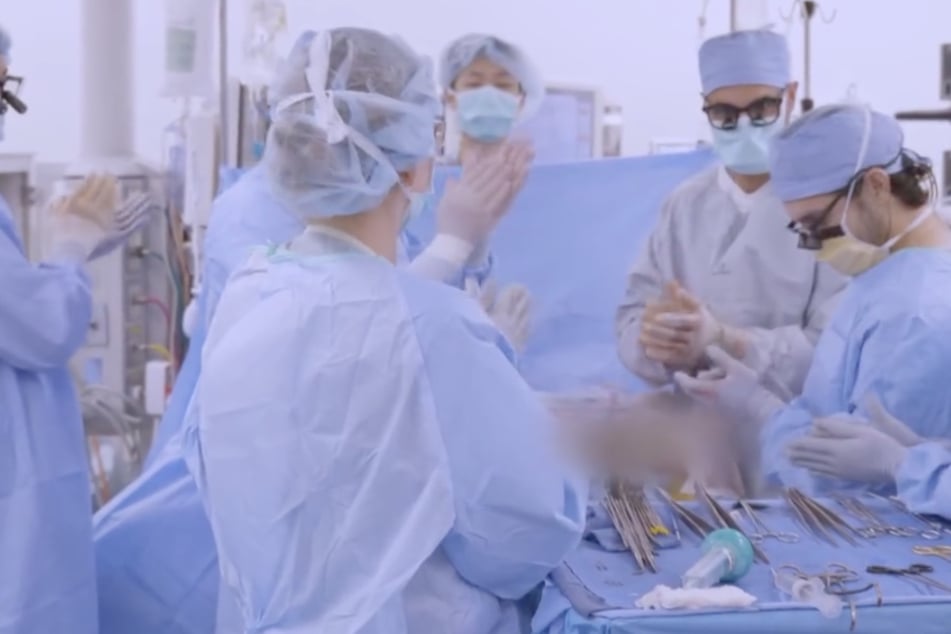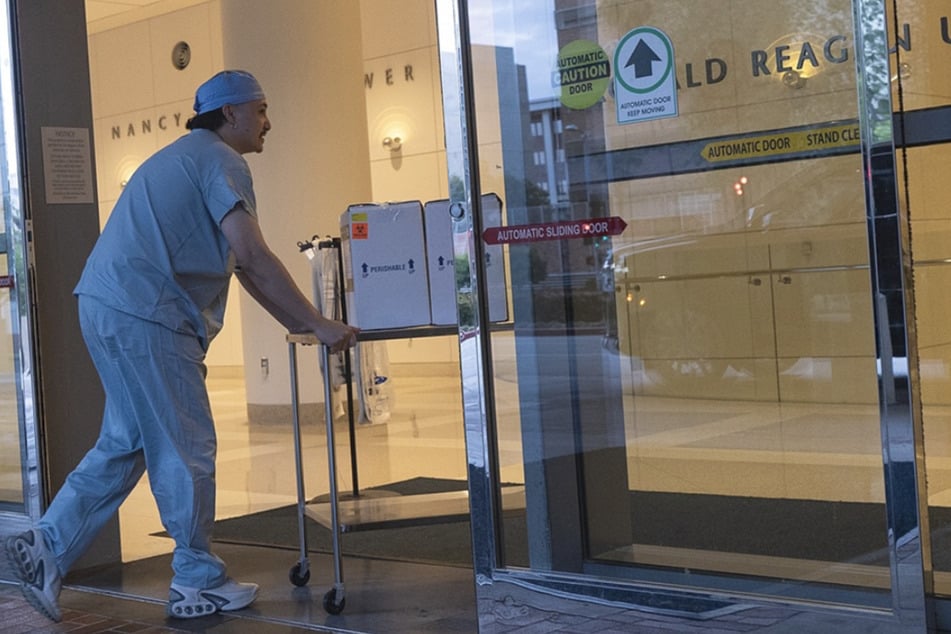No one has ever done it before: Doctors succeed in delicate operation
Los Angeles (USA) - A team of doctors from the USA has successfully performed an operation that has never been done before. Two doctors spent years researching the procedure, using robots to try it out on deceased patients. Then they dared to approach a living patient.

Applause erupted in one of the operating rooms at the Ronald Reagan UCLA Medical Center in Los Angeles (California) on May 4. Dr. Nima Nassiri and Dr. Inderbir Gill had succeeded in performing the first bladder transplant on a human being.
More than four years of research went into it. Years that have paid off: "It's exciting," said Dr. Nassiri. He is delighted to be able to give selected patients a better life in the future.
The US-American succeeded in performing his first operation on a male patient who, according to the UCLA Medical Center, had lost most of his bladder during the removal of a tumor. The remaining organ parts were too small to do their job. On top of that, the man's kidneys had to be removed due to a cancer diagnosis.
Fortunately, surgeons Nassiri and Gill were able to help, first transplanting a donated kidney into their patient during the eight-hour operation, then the bladder and reuniting the two organs.
Structure of the human body makes bladder transplantation complicated

"The kidney immediately produced a large amount of urine and the patient's kidney function improved," said Nassiri. What was particularly impressive was that dialysis was not required and the urine drained properly into the new bladder.
Nassiri and Gill's method could make traditional forms of treatment obsolete. In severe cases of bladder dysfunction or even completely removed bladders, part of the patient's intestine is used to sculpt a new bladder or create a pathway for urine to exit the body, according to UCLA Medical Center.
"A bladder transplant, on the other hand, results in a more normal urine reservoir," Nassiri said. Whether his new method can heal complaints in the long term needs to be researched further and observed in patients who have already undergone surgery.
Due to the vascular structure in the pelvic area and the complexity of the operation, doctors have not yet dared to perform bladder transplants. Nassiri and Gill were courageous.